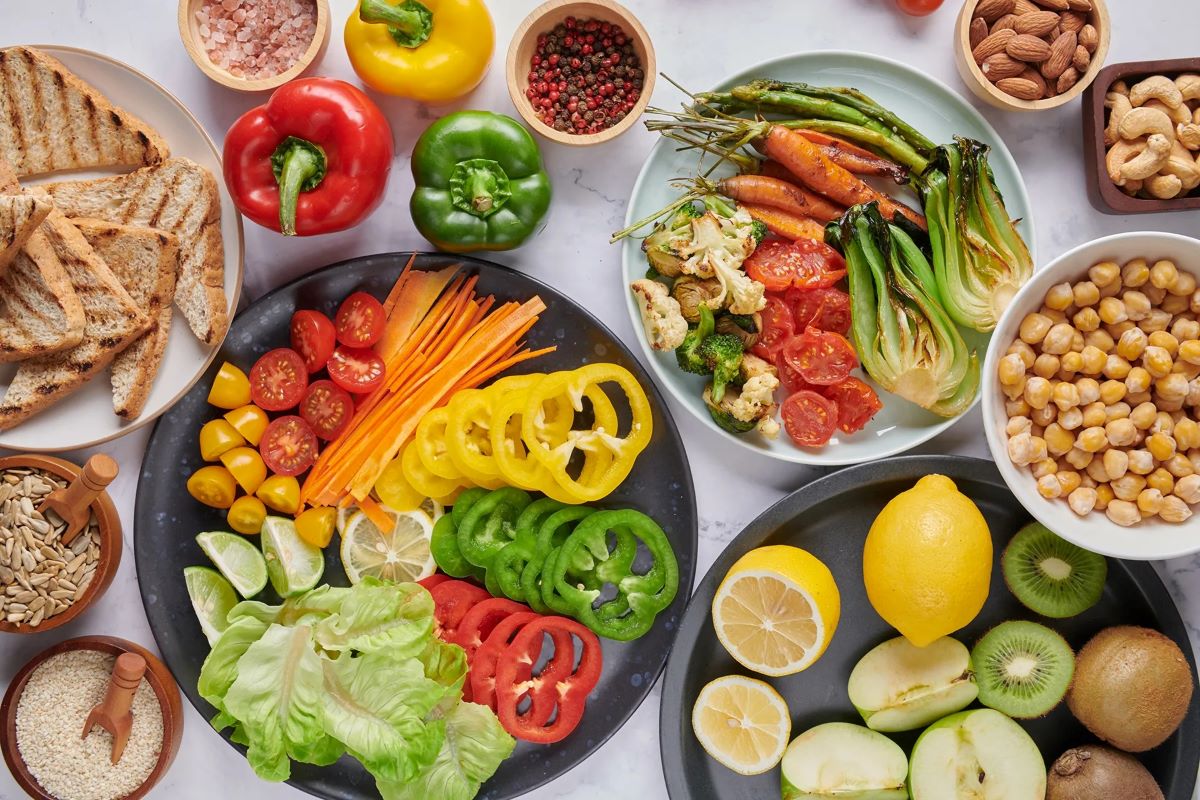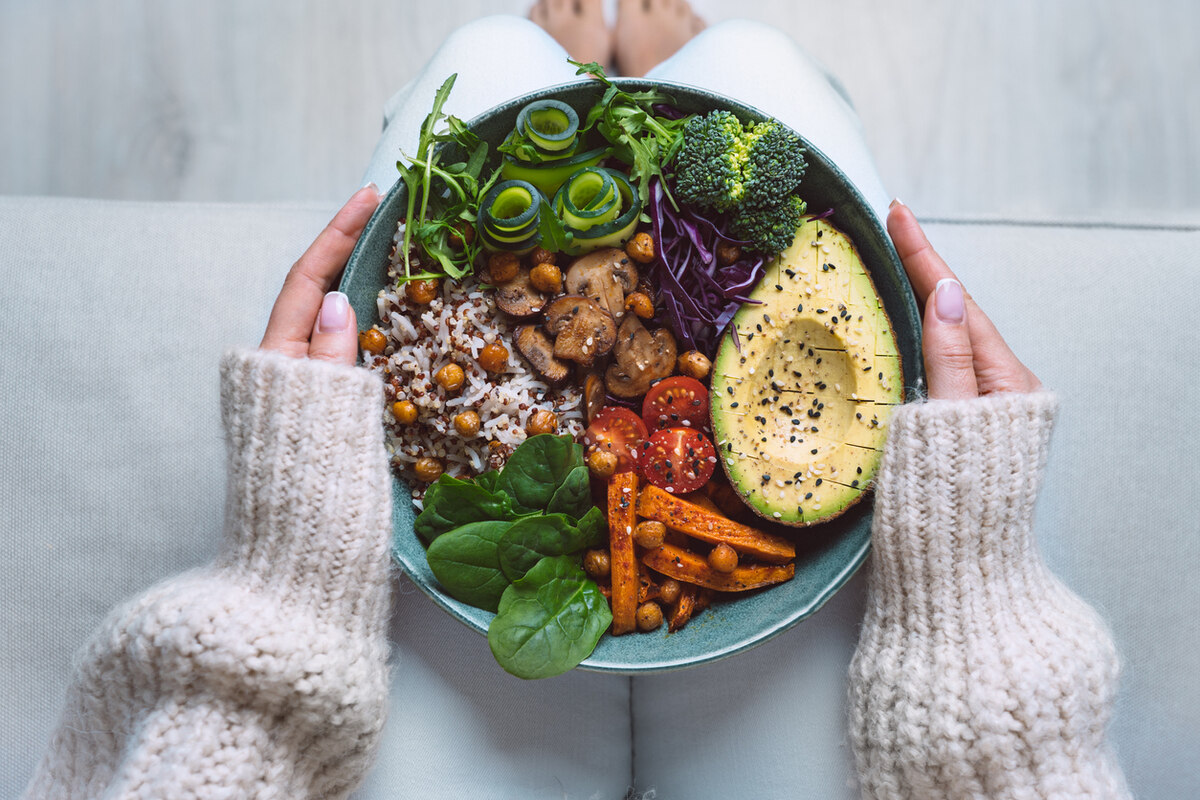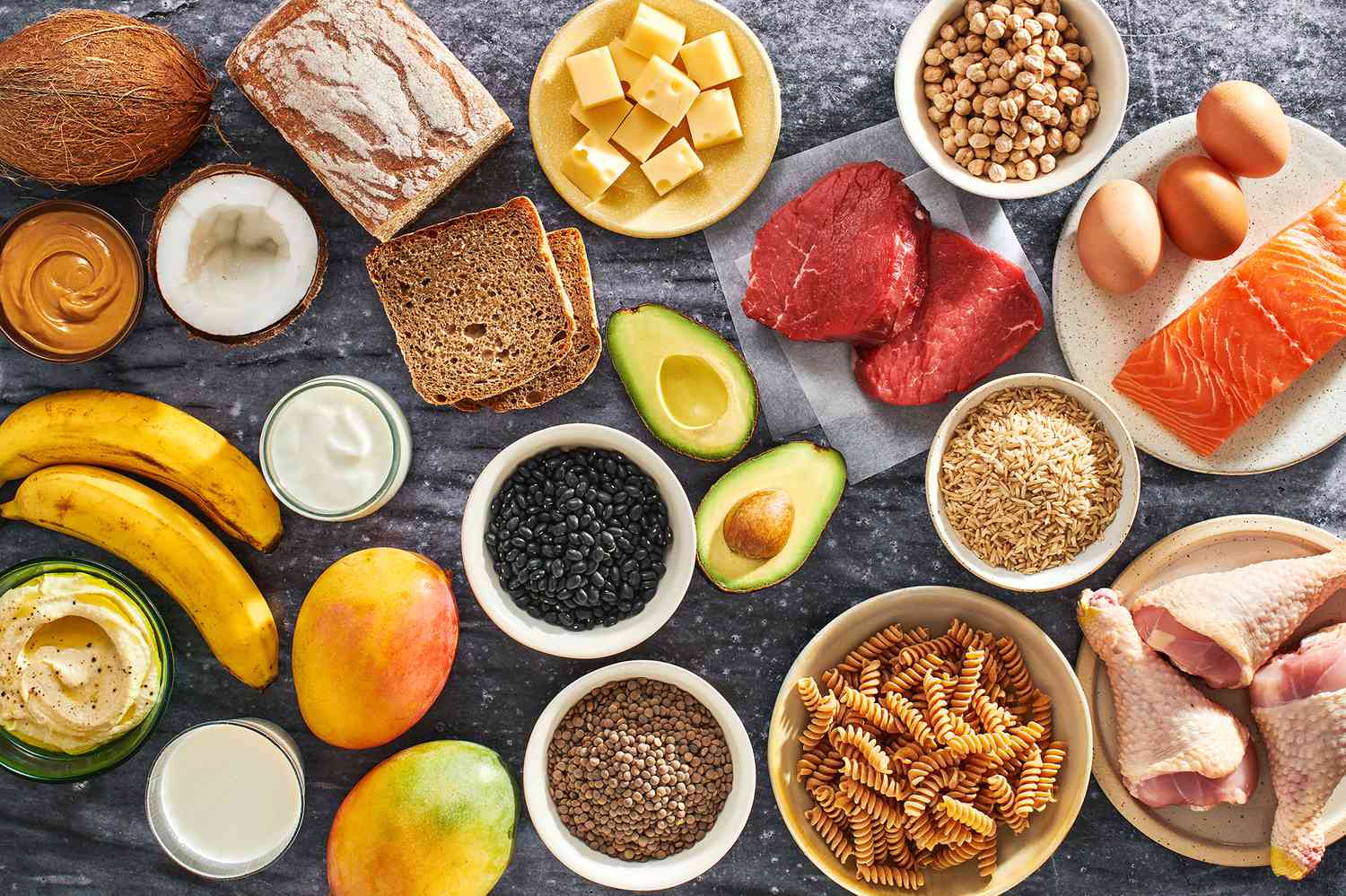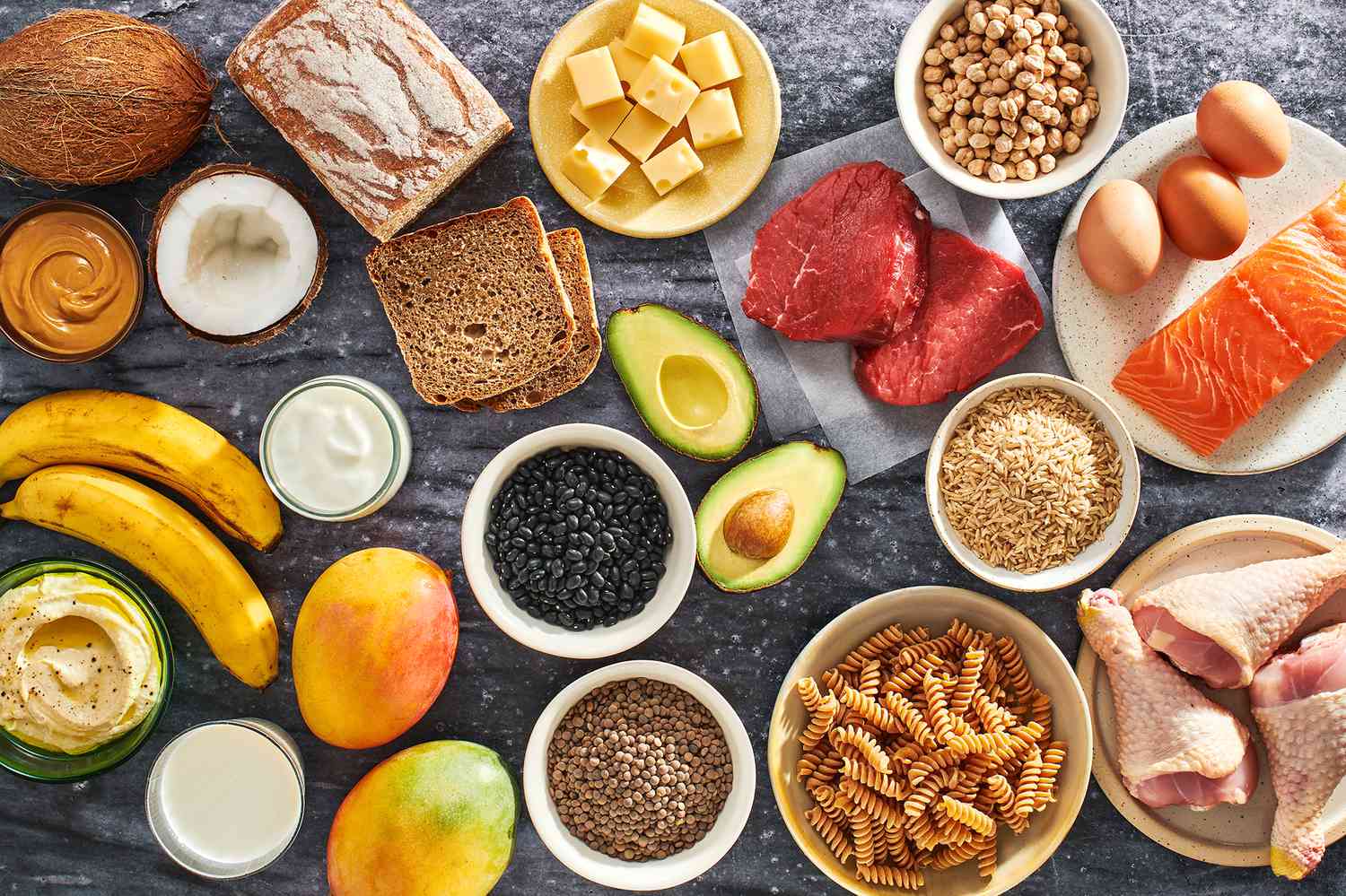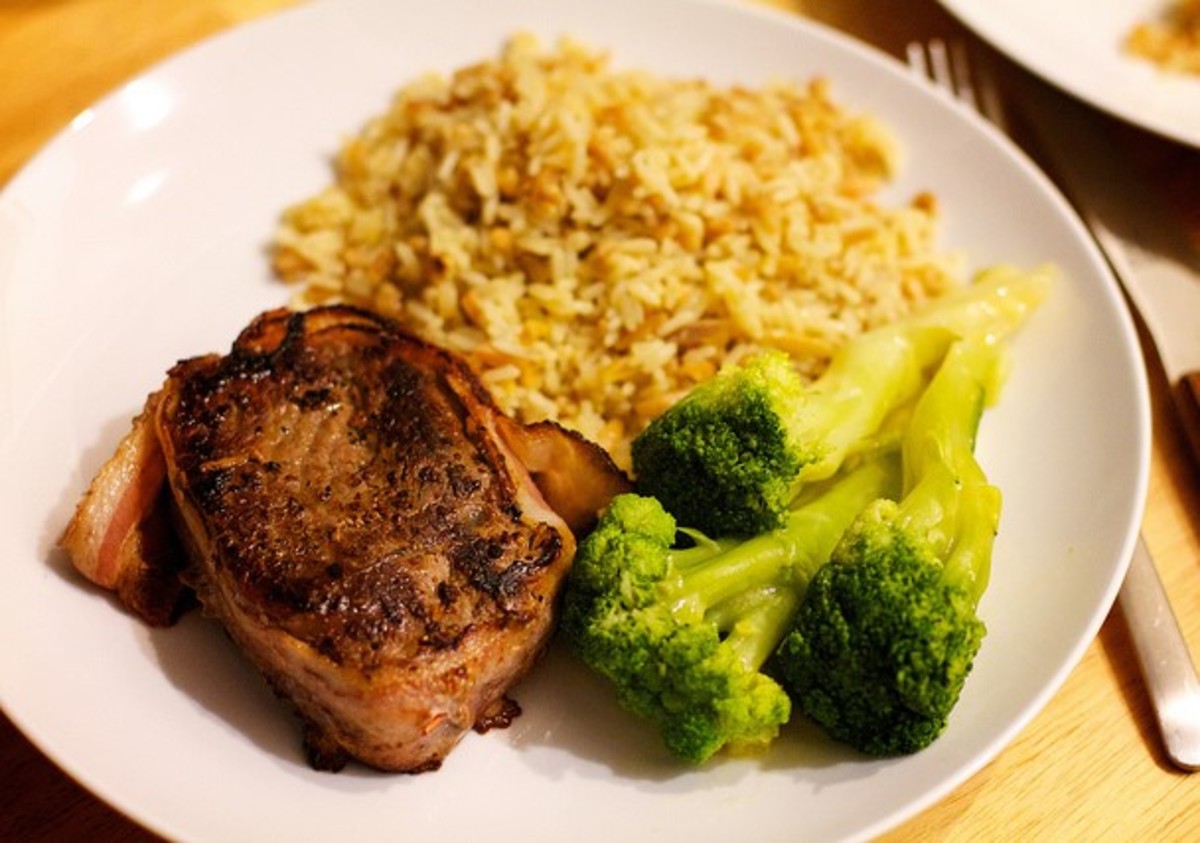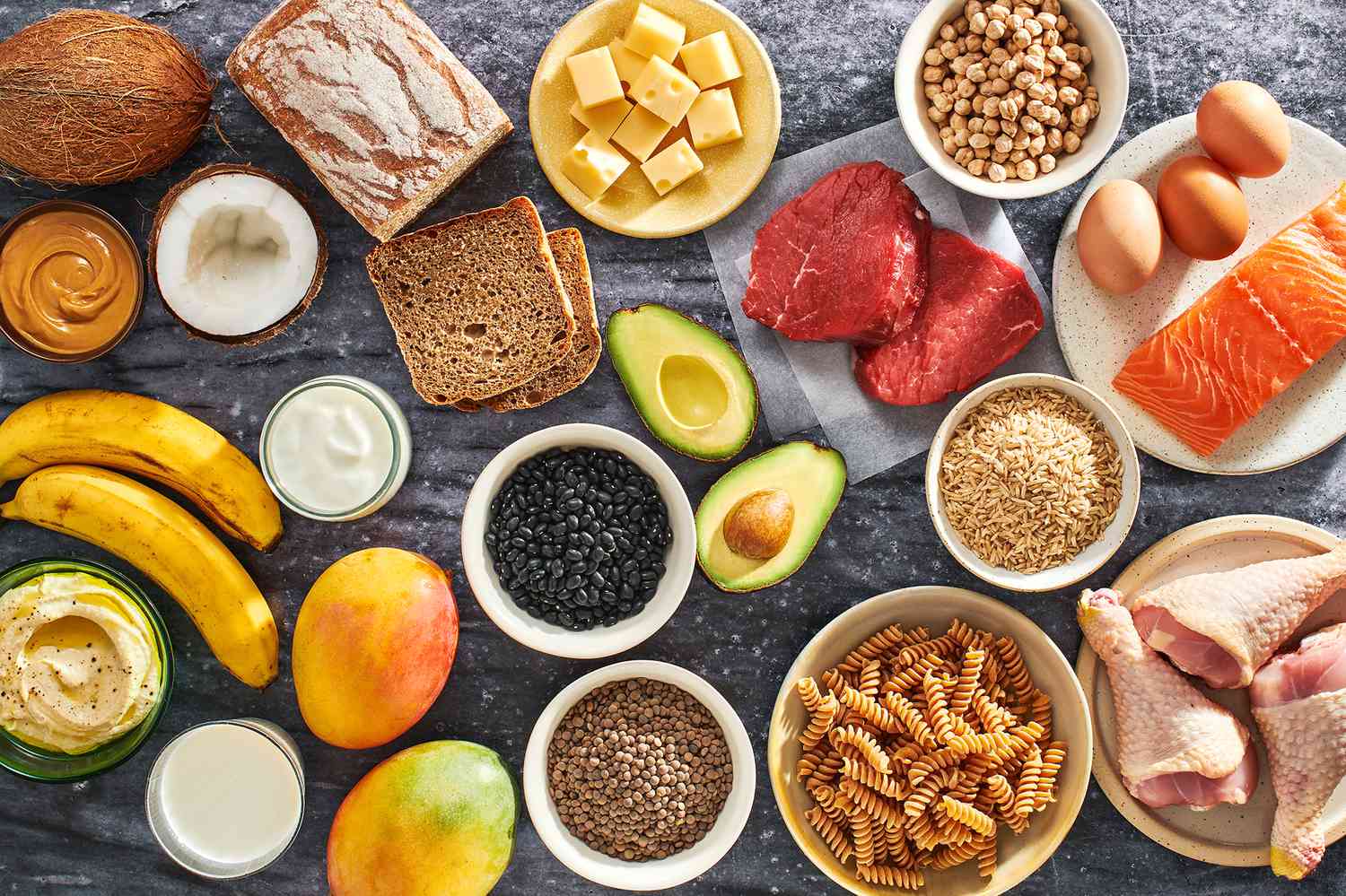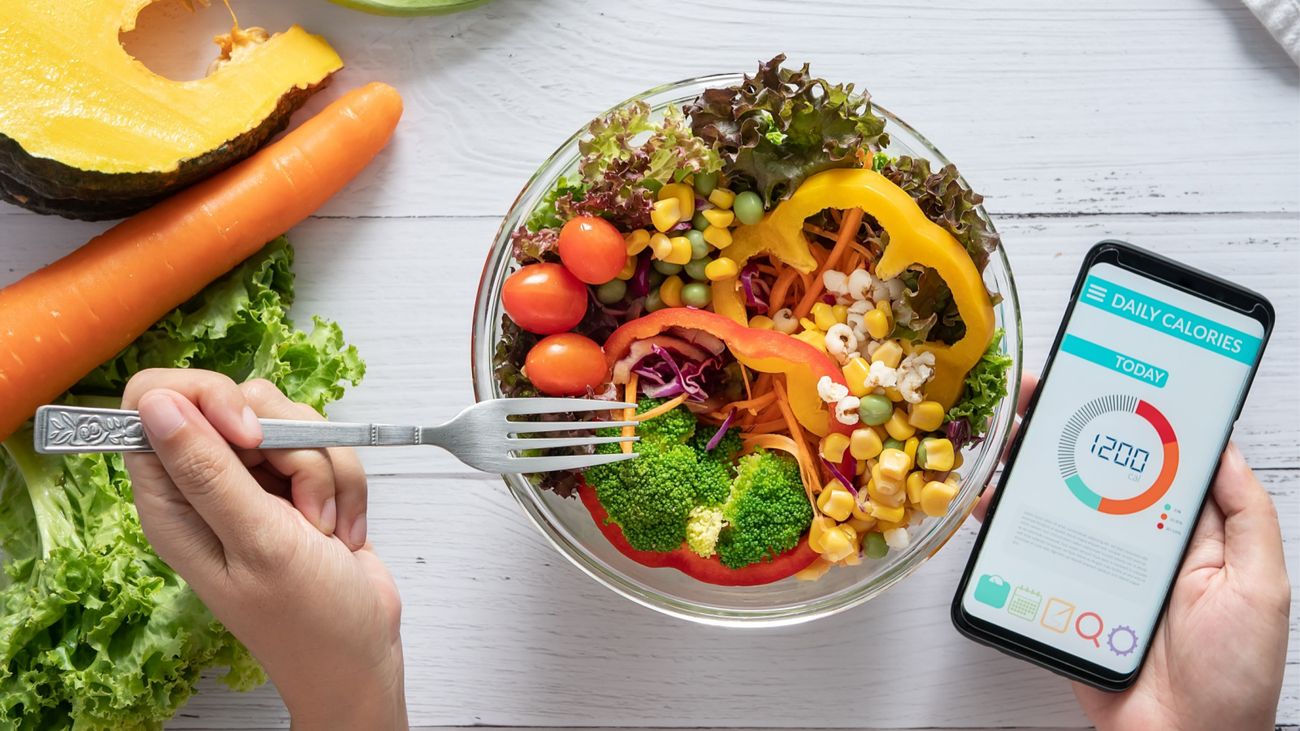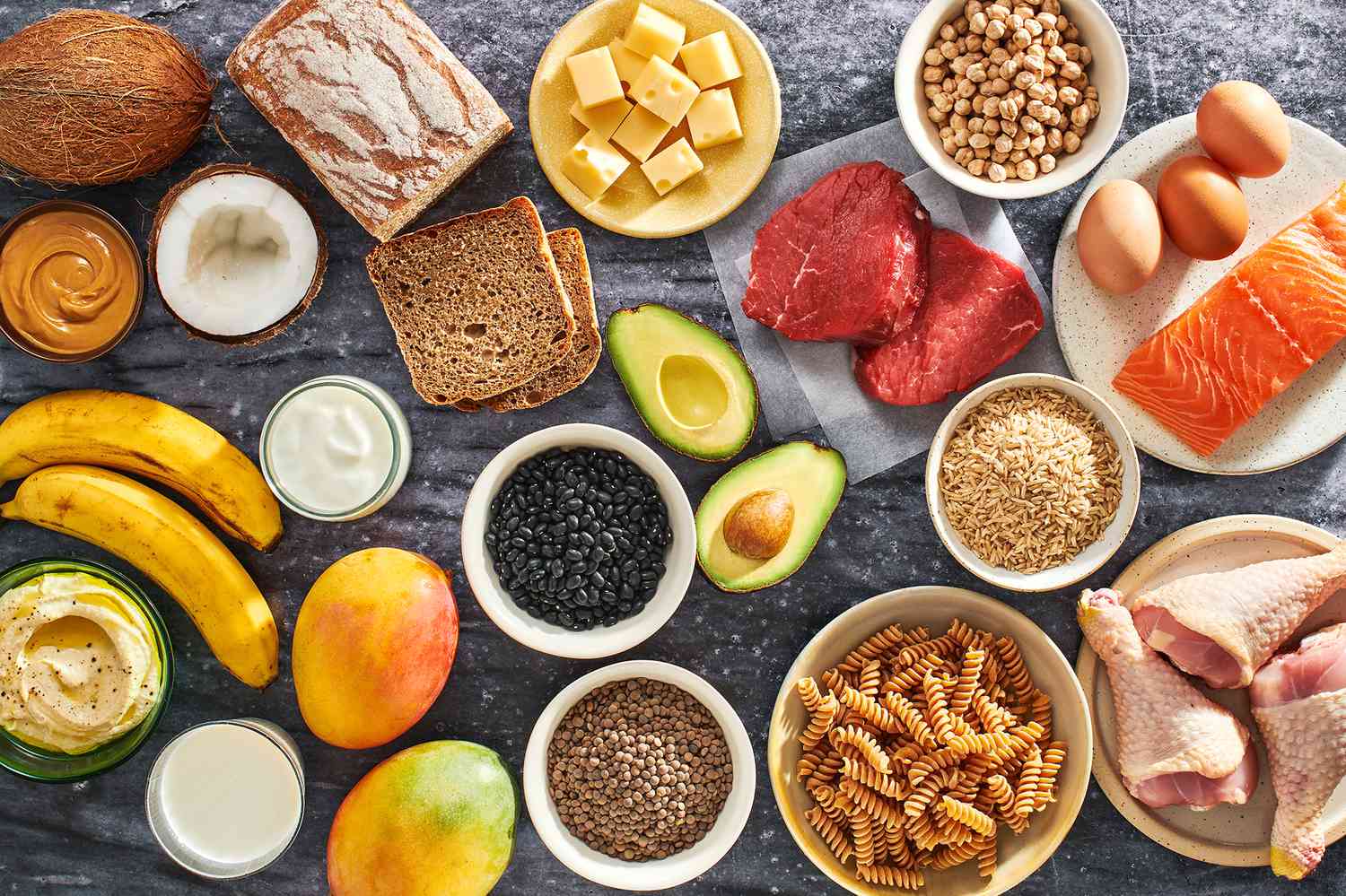How to Gain Weight by Eating Enough Food
For some people, gaining weight can be just as challenging as losing weight. Whether you’re looking to build muscle or simply increase your overall body weight, consuming enough food is essential. However, it’s important to do so in a healthy and sustainable way. Here are some tips on how to eat enough food to gain weight.
1. Eat More Frequently
Instead of sticking to three large meals a day, try eating smaller meals more frequently. Aim for 5-6 meals throughout the day to ensure you’re consuming enough calories to support weight gain. This approach can also help prevent you from feeling too full and make it easier to meet your calorie goals.
2. Focus on Calorie-Dense Foods
When trying to gain weight, it’s important to choose foods that are high in calories. Opt for nutrient-dense options such as nuts, avocados, and nut butters. Incorporating healthy fats into your diet can help increase your calorie intake without having to consume large quantities of food.
3. Include Protein with Every Meal
Protein is essential for muscle growth and repair. Make sure to include a source of protein with every meal and snack. Foods like chicken, fish, eggs, and dairy products are excellent choices. Additionally, consider adding a protein shake or smoothie to your daily routine to boost your protein intake.
4. Don’t Neglect Carbohydrates
Carbohydrates are your body’s primary source of energy. Including complex carbohydrates such as whole grains, sweet potatoes, and oats in your diet can provide the fuel your body needs to support weight gain. Aim to include carbohydrates in each meal to ensure you’re getting enough energy to fuel your activities and workouts.
5. Snack Smart
Snacking can be an effective way to increase your overall calorie intake. Choose nutrient-dense snacks such as trail mix, Greek yogurt with fruit, or whole-grain crackers with cheese. Snacking between meals can help you reach your calorie goals without feeling overly full.
6. Stay Hydrated
Drinking enough water is essential for overall health, including weight gain. Aim to stay hydrated throughout the day, and consider consuming calorie-containing beverages such as smoothies, milk, or 100% fruit juices to add extra calories to your diet.
7. Be Mindful of Portion Sizes
While it’s important to eat more to gain weight, it’s also crucial to be mindful of portion sizes. Pay attention to your body’s hunger and fullness cues, and aim to eat until you’re satisfied. Overeating can lead to discomfort and may not necessarily support healthy weight gain.
8. Consider Working with a Nutritionist
If you’re struggling to eat enough food to gain weight, consider seeking guidance from a registered dietitian or nutritionist. A professional can help you create a personalized meal plan and provide support and accountability as you work towards your weight gain goals.
Remember, gaining weight in a healthy way takes time and patience. Focus on consuming a balanced diet that includes a variety of nutrient-dense foods to support your overall health and well-being.
By incorporating these tips into your daily routine, you can ensure that you’re eating enough food to support your weight gain goals in a sustainable and nourishing way.
